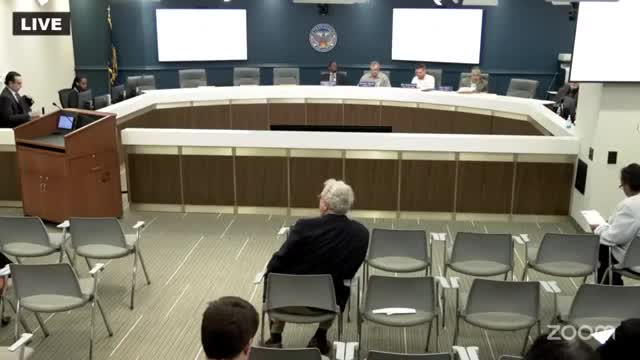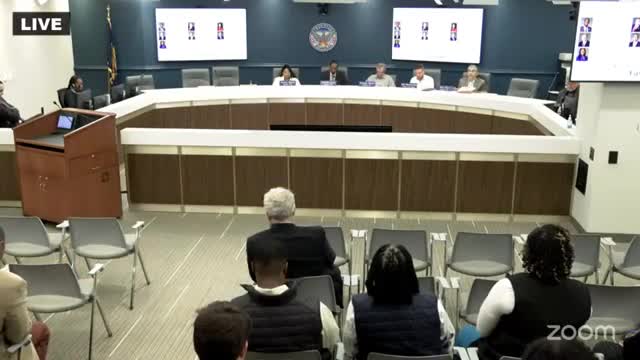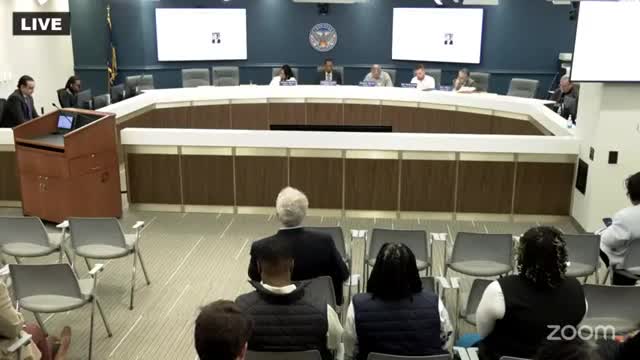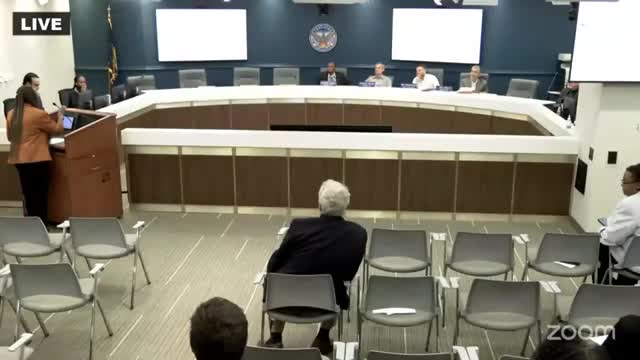Article not found
This article is no longer available. But don't worry—we've gathered other articles that discuss the same topic.

Votes at a glance: City Utilities Committee actions include budget transfers, procurement waivers and in‑kind donation acceptance

Committee approves funding and time extensions to decommission Entrenchment Creek Water Reclamation Center

Committee approves 9-month extension for emergency electrical contract with Lakeshore Engineering; one council member objects

